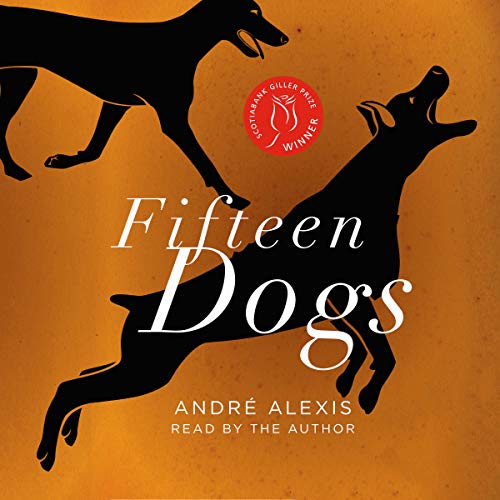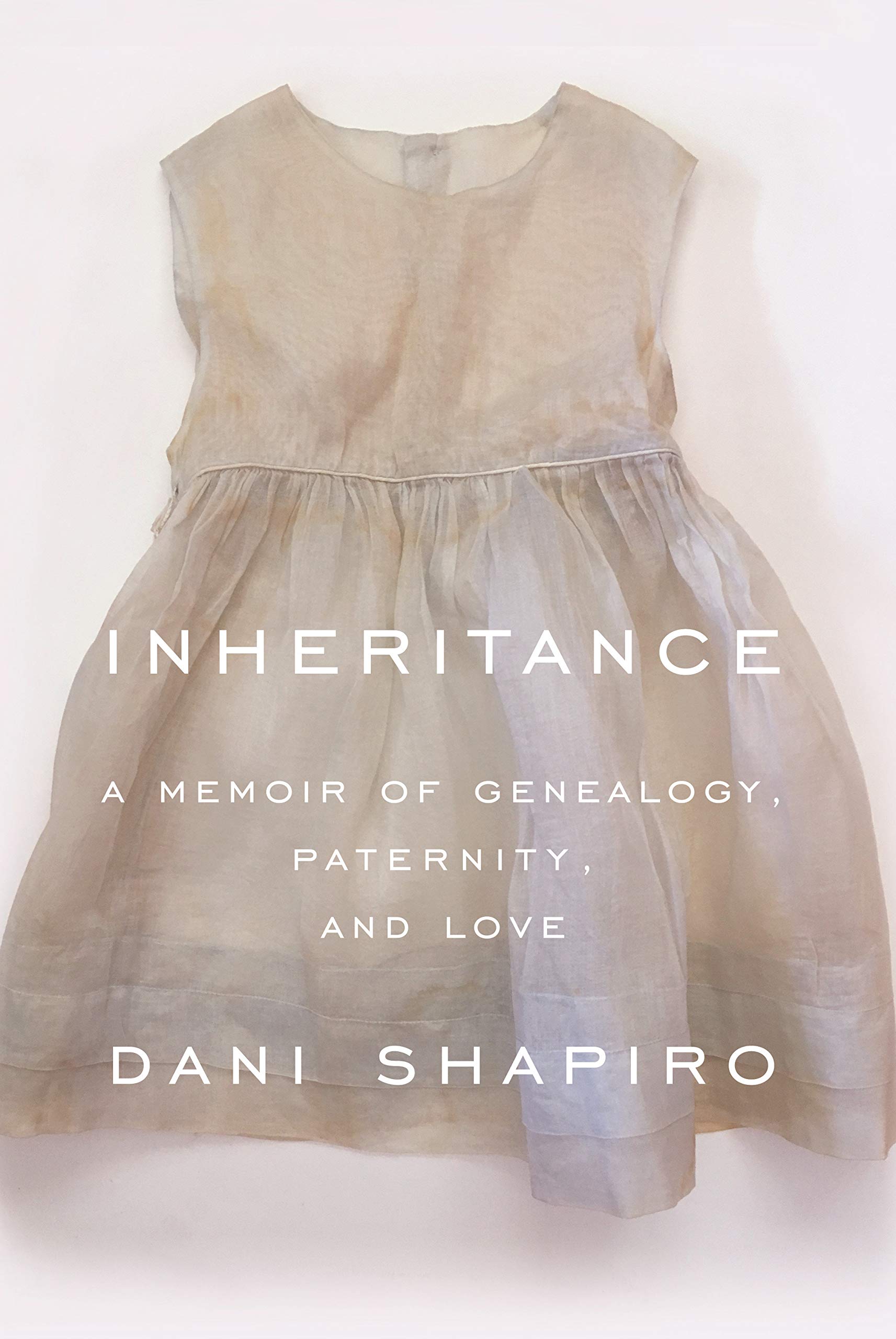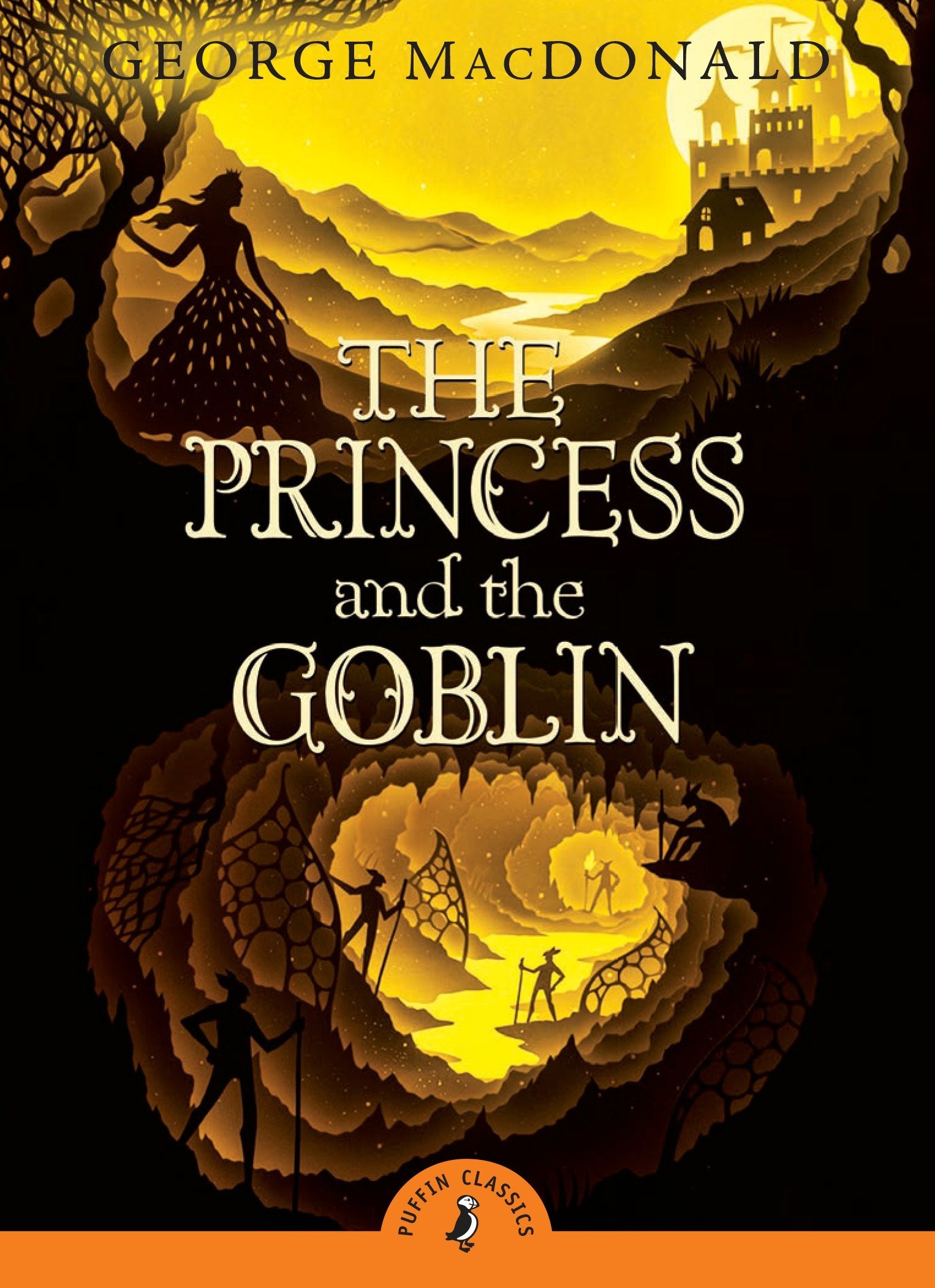 Anyone interested in a virtual book club?
Anyone interested in a virtual book club? Here's what I'm thinking:
- Listen to this FREE audiobook at your own pace (its 6 hrs 20 min long) anytime in May or June.
- Answer Questions - pop on over to the blog and answer some/all/any of the questions by editing the post and adding your thoughts right here (not in the comments, where it may be hard to follow the train of thought for any particular question). Feel free to pick&choose from the questions, based on your thoughts/interests. Absolutely no need to answer ALL of the questions in order to participate. Include your initials by your answer so we know it's you.
- Reply to some/all/any responses, if you like - check back here to see what others thought. Add a reply directly in the post, adding your initials again.
Here's the FREE audio book (available until June 28th)
https://www.audible.ca/pd/Fifteen-Dogs-Audiobook/B071RXCKWQ?ref=a_ep_listen_c6_lProduct_1_2&pf_rd_p=362b9add-c610-448a-acc1-59556414c4f7&pf_rd_r=N47JH4AYKKTBFSDPNDZV
Discussion Questions:
1. Did you enjoy the book? Why or why not?
2. What did you think of the audio version of the book? What did you like/dislike about the way it was read? If you haven't listened to an audio book before, would you do it again?
3. Which dog are you most drawn to? Least? Why?
4. Can you imagine how the story might have been different if Alexis had chosen cats? What about elephants or mosquitoes?
5. Hermes and Apollo’s wager is decided by whether or not one of the dogs is happy at the moment of its death. Is it fair to evaluate the quality of one’s life by the quality of one’s end-of-life? How accurate of an evaluation is this in the case of the dogs?
6. Prince’s poetry delights some of the dogs and enrages others. He is arguably the most isolated of the original pack. Is Alexis suggesting that art is essentially divisive? Or is Prince’s place in the pack a reflection of the nature of being an artist?
7. Who is more cruel, the gods or the dogs? Why?
8. Does the version of humanity Alexis presents reflect your own? In what ways do they differ?
9. Some readers find themselves more moved by the deaths of the fifteen dogs than they would have been if it had been fifteen humans. Why do we sometimes have more compassion for animals than people? Can you think of examples of this in the real world?
10. True to canine nature, Atticus’s pack is ruled by brute power and a clear sense of hierarchy. But Hermes and Apollo’s wager is about happiness, not power. What is the relationship between power and happiness for the dogs? Is there a clear correlation?
11. If you are familiar with Toronto, did the book allow you to think about the city’s landscape differently? If you aren’t, did the book offer a vivid sense of place? Why or why not?
12. The novel is preoccupied not only with human consciousness, but also with self-consciousness. What does this suggest about human nature?
13. Do you find the violence in this novel to be gratuitous? It has been said that violence results from inarticulateness; is it strange that the dogs seem to become more violent after they have come to possess the gift of (human) language?
14. What does the novel have to say about the relationship between thought and language? If in some way language determines the parameters of our thinking, how does that premise underscore or complicate this idea?
15. Would you recommend this book to others? To who/why?
Most questions found here:
http://assetlibrary.supadu.com/images/ckfinder/571/pdfs/Book-Groups/FifteenDogsPerseusReadingGroupGuide_Layout%201.pdf



![Family Life: A Novel by [Sharma, Akhil]](https://images-na.ssl-images-amazon.com/images/I/51CnF2T%2B%2BIL.jpg)



